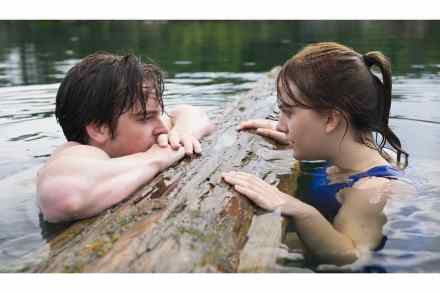Exquisite and deranged: two glass exhibitions reviewed
A ‘Ghost Shop’ has appeared between Domino’s Pizza and Shoe Zone on Sunderland High Street. Look through the laminated window glass and you’ll see more glass: glass shop fittings, a glass cheese plant, a glass pedal bin spilling disposable glass cups, glass chocolate wrappers and glass betting slips littering the floor. Ryan Gander likes the fact that there’s no explanation of his see-through betting shop: ‘If you tell everyone it’s a contemporary art project, they’d run away.’ Gander is one of four artists commissioned by Sunderland’s National Glass Centre to make works inspired by the history of the north-east. Two artists, Katie Paterson and Monster Chetwynd, have chosen themes relating to




















